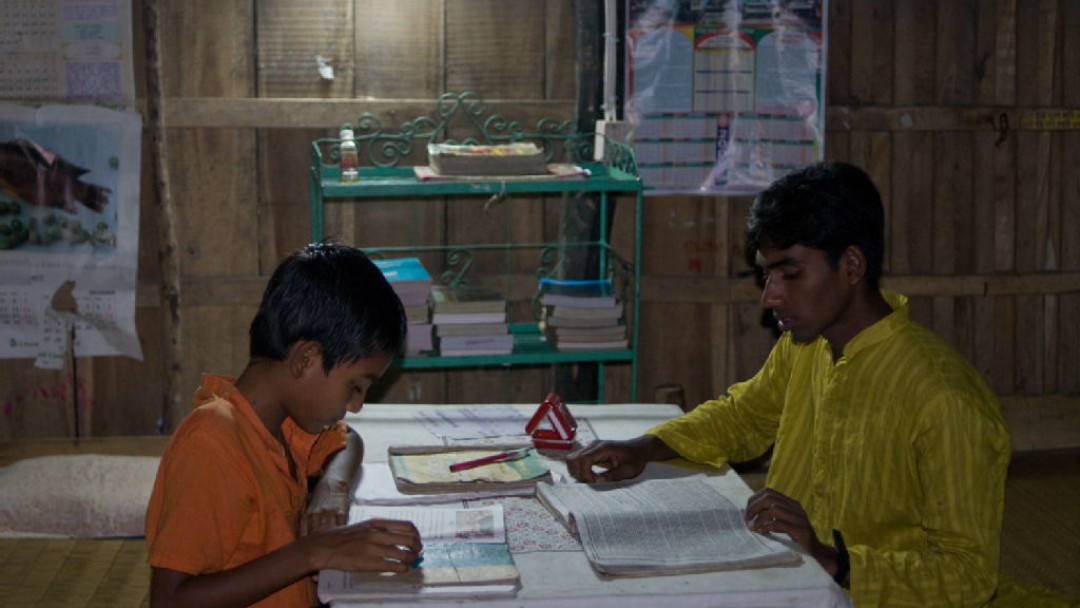News from 2021-11-16 / KfW Development Bank
Secure and reliable energy supply in Bangladesh
KfW supports the renewal of grid systems and an automated power distribution system

On behalf of the German government, KfW is promoting a modernization of the power infrastructure in Bangladesh. It is supporting improved power distribution capacity with a EUR 120 million low-interest loan. This also facilitates the feeding of renewable energy into the Bangladeshi grid and reduces annual greenhouse gas emissions by an estimated 51,000 tons of CO2 by 2025.
In Bangladesh, power outages or shutdowns to prevent overload or due to a supply shortage are commonplace. This not only limits people's quality of life, but also inhibits economic development. Industrial production and the willingness to invest are impaired as a result. In addition, the insecure power supply indirectly places a burden on the environment. This is because, in view of the frequent power outages, households and especially commercial and industrial customers resort to using their own gas or diesel generators, which emit high levels of greenhouse gases.
Bangladesh has successfully addressed its power supply deficits in recent years and, with a few exceptions, has met its "electricity for all" goal. Further expansion of connections to the existing grid is necessary, particularly because of economic development and population growth.
KfW is therefore supporting Bangladesh in its efforts to modernize the power grid. On behalf of the German Federal Ministry for Economic Cooperation and Development (BMZ), it is granting the country a development loan of EUR 120 million. This will go to the distribution companies West Zone Power Distribution Co. Ltd (WZPDCL) in southwestern Bangladesh and Bangladesh Rural Electrification Board (BREB), which primarily supplies rural areas.
Modernization of the grid
The project includes three measures: The modernization of substations as well as medium-voltage lines and, in addition, the introduction of an intelligent grid control system. The first two measures are designed to improve the existing infrastructure and extend its useful life. Around 20 substations are to be modernized in the WZPDL network, and around 23 in the BREB network. This will lead to fewer power outages. The demand can be better met, so customers do not have to switch to other, climate-damaging alternatives. Electricity losses in the grid are reduced.
Preventive fault avoidance
Automation of distribution systems, which will be fed with real-time data in the future, also greatly reduces the number and duration of power outages because faults can be preemptively avoided or corrected more quickly.
Taken together, these measures ensure that the public has a more secure, reliable, and stable power supply. Economic development is facilitated. Increasing demand can be better met. In an accompanying measure, employees of the electricity suppliers are trained to handle the automated distribution systems properly.
More on KfW’s commitment SDG 7 – Affordable and clean energy

Share page
To share the content of this page with your network, click on one of the icons below.
Note on data protection: When you share content, your personal data is transferred to the selected network.
Data protection
Alternatively, you can also copy the short link: https://www.kfw-entwicklungsbank.de/s/enzBWrMC.CmRA
Copy link Link copied